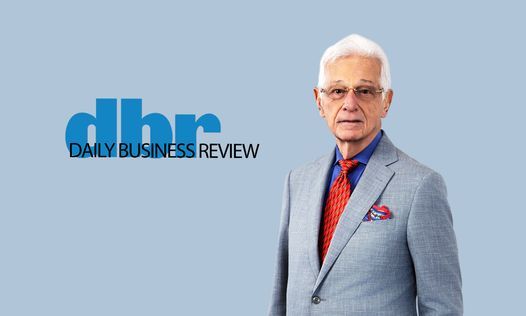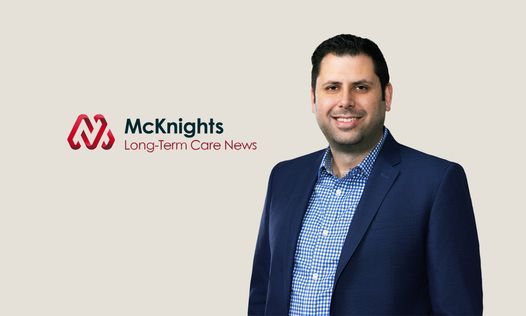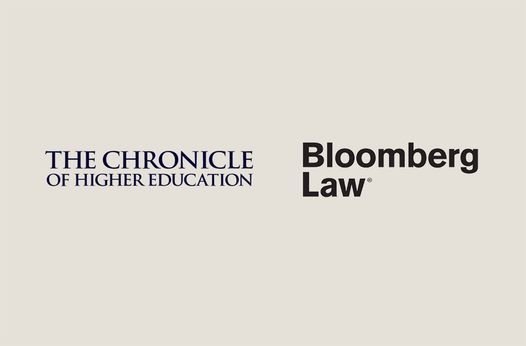US Department of Health and Human Services Issues Updated "Special Advisory Bulletin on the Effect of Exclusion from Participation in Federal Health Care Programs"
Healthcare Alert | 4 min read
May 29, 2013
On May 8, 2013, the U.S. Department of Health and Human Services, Office of Inspector General (OIG) issued an Updated Special Advisory Bulletin on the Effect of Exclusion From Participation in Federal Health Care Programs (Updated Bulletin). The Updated Bulletin replaces the original Special Advisory Bulletin on the Effect of Exclusion from Participation in Federal Health Care Programs, which was issued in 1999 (the 1999 Bulletin).
Since the 1999 Bulletin was issued, various statutory amendments have strengthened and expanded the OIG’s authority to exclude individuals and entities from the federal health care programs. These include:
- The Medicare Prescription Drug, Improvement and Modernization Act of 2003
- The Patient Protection and Affordable Care Act of 2010, as amended by the Health Care Education Reconciliation Act of 2010 (ACA)
These statutory amendments have introduced new penalties. For example, the ACA provides for criminal penalties on excluded providers that order or prescribe services or items in situations where the provider knows that the services or items will be payable under a federal health care program. The Updated Bulletin also notes that the submission of a prohibited claim will be treated as an overpayment and could be a false claim in situations where the excluded provider knowingly submits the claim.
The Breadth and Scope of Excluded Activities
The Updated Bulletin clarifies the effect of exclusion in several scenarios and advises that:
- Exclusions and prohibitions on receiving payment continue to be in force as to an excluded person even if that person switches from one health care profession to another during the exclusion period (e.g., excluded pharmacist would still be excluded after earning his/her medical degree and becoming a licensed physician)
- Exclusions and prohibitions on receiving payment extend beyond direct patient care (the exclusion also applies to services performed by excluded individuals who work for or under an arrangement with a hospital, nursing home, home health agency or managed care entity)
- The prohibition on receiving payment extends to volunteer positions
- An excluded provider may refer a patient to a nonexcluded provider if the excluded provider does not furnish, order or prescribe any services to the referred patient, and the nonexcluded provider provides all treatment and submits all bills to the federal health care programs;
- Excluded providers are prohibited from providing administrative or management services that are payable by a federal health care program, even if the services are not separately billable
- A provider may employ or contract with excluded providers for services or items that are solely furnished to nonfederal health care program beneficiaries and for which a federal health care programs does not pay, directly or indirectly, for the items or services being provided by the excluded individual
Potential Penalties for Violation of Excluded Person Prohibitions
An excluded person who submits a claim for payment to a federal health care program, or causes such a claim to be submitted, may be subject to:
- A civil monetary penalty (CMP) of $10,000 for each claimed item or service furnished during the period that the person was excluded
- An assessment of up to three times the amount claimed for each item or service
- Criminal liability for fraudulently receiving benefits while an excluded provider
- Civil liability under the False Claims Act for knowingly presenting or causing to be presented a false or fraudulent claim for payment
Violation is also grounds for OIG to deny reinstatement to federal health care programs
A provider that employs or enters into contracts with excluded persons to provide items or services payable by federal health care programs may be subject to:
- a $10,000 CMP for each claimed item or service furnished during the period that the person was excluded
- An assessment of up to three times the amount claimed for each item or service
Limitations on an Excluded Provider’s Ability to Have an Ownership Interest in a Health Care Entity
The Updated Bulletin notes that exclusion does not directly prohibit an excluded person from owning a provider that participates in federal health care programs. However, it cautions that:
- The provider entity would be subject to permissive exclusion and the excluded provider would be subject to civil monetary penalties if the excluded individual retained a 5 percent or greater control of the entity.
- The excluded individual could also face civil monetary penalties for holding an administrative or management position with the entity and the entity could not bill for any services where the excluded individual held such a position.
The List of Excluded Individuals/Entities (LEIE) Database for Screening Excluded Persons
The Updated Bulletin encourages providers to screen potential employees or contractors by using the LEIE database (available at http://oig.hhs.gov/exclusions).
While there is no regulatory requirement to use the LEIE, the OIG recommends:
- Monthly screening of the LEIE database as a means to minimize potential overpayment and civil monetary payment liability.
- Providers maintain documentation of all searches that they conduct using the LEIE database.
Using Third Parties for Staffing and LEIE Database Screening:
While providers may outsource screening to a third-party contractor, the OIG cautions that the provider retains potential liability for civil monetary penalties. For example, in situations where health care workers are provided through a staffing agency, the OIG states that a provider may reduce or possibly eliminate CMP liability if it can demonstrate that it reasonably relied on the staffing agency’s agreement by contract to perform the LEIE screening. The Updated Bulletin states that this delegation needs to be documented in the agreement between the parties and that the provider should exercise appropriate due diligence in ensuring that the staffing agency is complying with its screening obligation.
Self-Reporting
The OIG also notes that providers that identify potential CMP liability for contracting with or employing an excluded provider could use the OIG’s Provider Self-Disclosure Protocol to disclose and resolve potential CMP liability.
If you have questions concerning the changing health care landscape, we are here to help. Hinshaw has an interdisciplinary team of advisors with deep experience in the health care industry to help guide you through the health care maze and its impact on your business. Contact your regular Hinshaw attorney for more information.
This alert has been prepared by Hinshaw & Culbertson LLP to provide information on recent legal developments of interest to our readers. It is not intended to provide legal advice for a specific situation or to create an attorney-client relationship.
Related Capabilities
Featured Insights

Employment Law Observer
Dec 8, 2025
12 Days of California Labor and Employment: 2025 Year in Review

Press Release
Dec 4, 2025
Hinshaw Recognized by the Leadership Council for Legal Diversity as a 2025 Top Performer

Press Release
Nov 25, 2025
Hinshaw Legal Team Secures Summary Judgment in Gas Station Injury Case

Press Release
Nov 18, 2025
Hinshaw Releases the Third Edition of Duty to Defend: A Fifty-State Survey

In The News
Nov 13, 2025
A Profile on Neil Rollnick: After 57 Years in Practice, He Has No Plans to Retire

Press Release
Oct 22, 2025
Hinshaw & Culbertson LLP Launches New Website and Refreshed Brand






